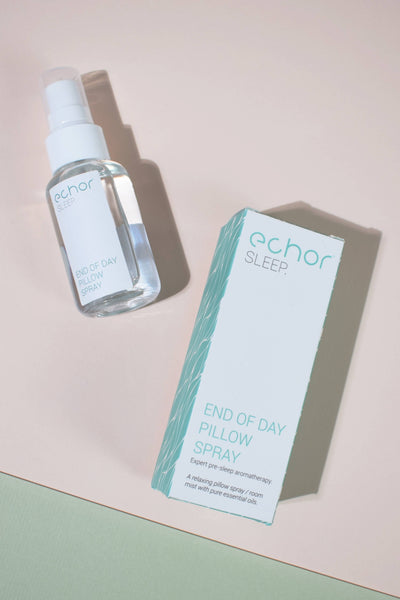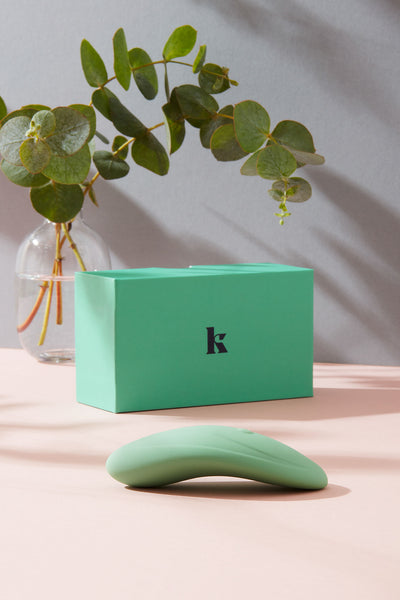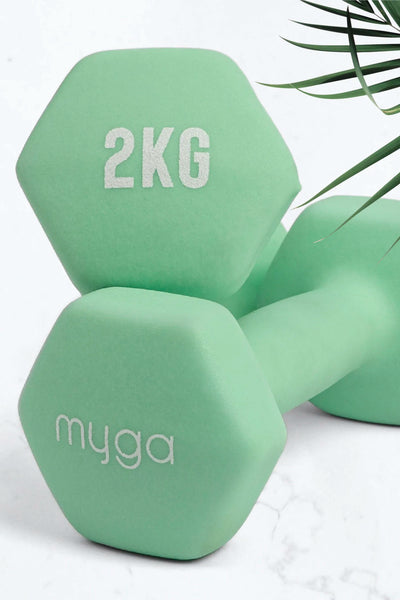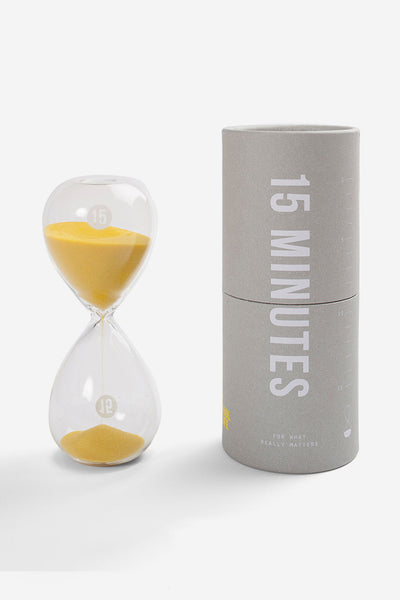Why stress is stealing your sleep and how to get it back.
Writing a journal and art therapy are two ways to relieve the tension that is keeping you awake at night
Left untreated, overthinking, and extreme anxiety can cause health issues such as insomnia.
There may be many reasons for stress - career, relationship challenges, finances, or more serious traumatic events such as abuse or loss - however, making use of personal resources is essential to regaining control, eliminating negativity, and waving goodbye to sleepless nights.
Experts in psychology say that rumination - repetitively focusing on distress rather than finding a solution - and avoidance are dysfunctional ways that we may be hoarding stress.
How to win back sleep by keeping a journal
The physical aspect of writing a diary is therapeutic, often used to help heal emotional struggles, and relieve overwhelming tension.
Purchasing a quality journal and writing stationery can encourage the art of writing. Choosing a time in the evening to reflect and review the day can be a beneficial part of a healthy self-care bedtime routine.
Journal therapy is useful for those experiencing:
- Low self-esteem and confidence
- Eating disorders
- Anxiety including social anxiety and generalised anxiety disorder
- Depression and low mood
- Family and relationship problems
- Post-traumatic stress disorder
An article from the Journal of Clinical Psychology refers to journaling as a low-cost method for “potentially tremendous self-help". Expressing and processing negative emotions in writing can be an aid during stressful or traumatic times and help improve mental well-being.
Test subjects with severe emotional trauma reported feeling less anxiety, improved sleep, and mood after 60 sessions of keeping a journal for 30 minutes per session.
Art therapy
The creative process of making art is a method that has been used as long as human history.
A way to explore thoughts and feelings associated with trauma or stress, it can also be effective to escape anxiety-fueled thoughts crowding the mind.
It can be as simple as drawing and painting at home, enrolling in local art classes, or participating in art therapy sessions that combine art and psychology as a form of counselling.
Sir Winston Churchill, the British prime minister that led the country to victory during the Second World War, turned to painting during a low point in his life.
After being demoted during the First World War, Churchill resigned from office and in an attempt to tackle anxiety, began painting at age 40.
Mostly self-taught, Churchill painted over 550 pieces of artwork, with oil landscapes his favourite to create. His works appear in exhibitions in America and the UK and are surprisingly impressive quality.
Churchill is known to have remarked that “painting came to my rescue in a most trying time”.
A small 2016 study in the Journal of the American Art Therapy Association found that art therapy was more popular and successful with veterans of war than traditional talk therapy. Forty percent of those only enrolled in talk therapy dropped out, whereas none left the art sessions.
Some of the veterans commented that they “had not expected the art to be such a useful source of healing”.
Mind mapping - identifying emotions that are difficult to communicate verbally - is one exercise that was included in the programme, as well as producing art pieces related to traumatic life experiences.
Investing in some art supplies and taking up painting, drawing, pastels, charcoal, or sculpting with clay are ways to start experimenting with art as a way to cope with feelings of worry and despair.
Taking a class to learn craftsmanship skills could be an excellent idea too. Glasswork, woodwork, pottery, metalwork, and embroidery are just a few suggestions.
Logging sleep progress
Keeping a sleep journal or diary is a practical way to review patterns in behaviour that are causing a lack of good sleep.
The Echor Sleep Journal gives a semi-guided approach to journaling as we felt that modern, guided journals are a little restrictive in how you can utilise them. With explanations behind powerful psychological tools to help with mental health that you can refer to, our mindfulness journal gives you more freedom to write what works for you. Sometimes we just need to jot down some jobs for the next day, other times we’re keen to write paragraphs on reflection and gratitude.
Whatever works for you, our journal is here to help.
To supercharge your nighttime journaling practice, try lowering the lights and lighting an Echor End of Day Candle, the perfect precursor to a peaceful night’s sleep.









